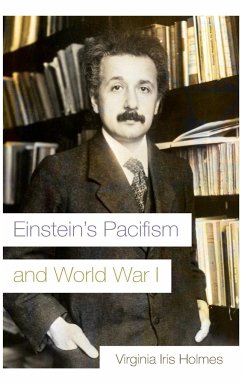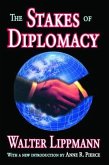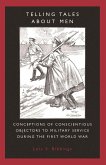To understand how Albert Einstein s pacifist and internationalist thought matured from a youthful inclination to pragmatic initiatives and savvy insights, Holmes gives readers access to Einstein in his own words. Through his private writings, she shows how Einstein s thoughts and feelings in response to the war evolved from horrified disbelief, to ironic alienation from both the war s violence and patriotic support for it by the German people, to a kind of bleak endurance. Meanwhile, his outward responses progressed, from supporting initiatives of other pacifists, to developing his own philosophy of a postwar order, to being the impetus behind initiatives. In the beginning of the postwar period, Einstein s writing reflected an optimism about Germany s new Weimar Republic and trust in the laudatory effects of military defeat and economic hardship on the German people. He clearly supported the principles in US President Woodrow Wilson s "Fourteen Points" speech. Yet Einstein s enthusiasm diminished as he became disappointed in the early Weimar Republic s leaders and as his aversion to the culture of violence developing in Germany grew. He also felt offended at the betrayal of Wilson s principles in the Treaty of Versailles. Drawing upon personal correspondence and public proclamations, Holmes offers an intimate and nuanced exploration of the pacifist thought of one of our greatest intellectuals. "
Hinweis: Dieser Artikel kann nur an eine deutsche Lieferadresse ausgeliefert werden.
Hinweis: Dieser Artikel kann nur an eine deutsche Lieferadresse ausgeliefert werden.







